This week marks the release of Hugo, a quasi-kids movie that, surprisingly, Martin Scorsese directed (in 3D!). Almost as oddly, last week’s big release, the teen-angst adaptation The Twilight Saga: Breaking Dawn – Part 1, was helmed by the very “adult” Bill Condon. They’re the latest examples of filmmakers surprising audiences by taking jobs that we’d never expect them to based on careers and expectations they’ve built. Here are some others.
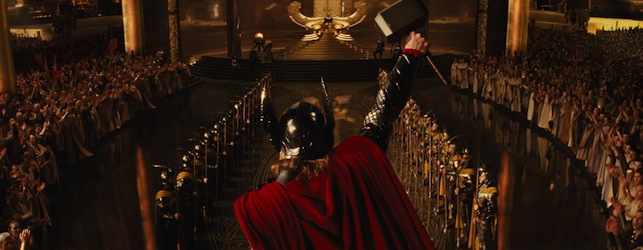
Branagh was probably just about the last person we would’ve ever expected to direct summer 2011’s Blockbuster Tour kickoff, but he turned in maybe the best – even if not the most lucrative – film of the season in Thor. The closest Branagh had ever come to a Thor-size affair was Frankenstein in 1995, and that wasn’t even on the same planet as the Marvel adaptation in terms of budget and expectations. Aside from his much more prolific acting resume, Branagh had made a career, directorially, out of Shakespeare adaptations. Perhaps he found the Bard in Thor, which was undoubtedly better because of his involvement.
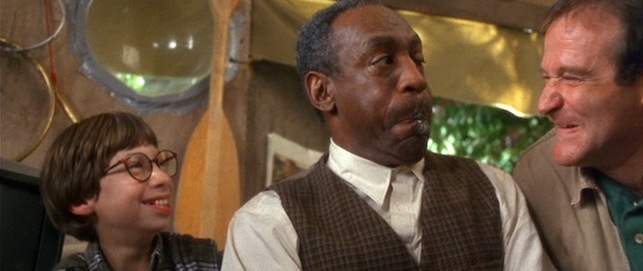
Apocalypse Now. The Godfather. The Conversation. Jack?? The obscenely, almost incomprehensibly awful PG-13 dramedy is probably the most out-of-character entry on any director’s resume, ever, and it signaled where Coppola was in his career: the trough. The Robin Williams-starrer had themes that Coppola had previously mined into gold, but it’s almost as if the worst director in Hollywood helmed Jack and put Coppola’s name on it.
Alfonso Cuaron, Harry Potter and the Prisoner of Azkaban
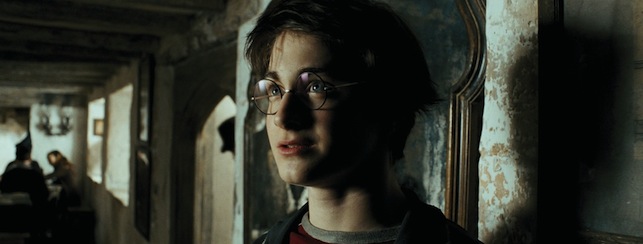
It’s no wonder that the great Cuaron is behind the darkest entry in the Harry Potter franchise, but it is a wonder that he took/landed the job in the first place – and it’s the ultimate testament to his ability and range as a filmmaker. Up to that point, Cuaron was a relatively little-known – certainly unknown to the Potter target audience – aside from his stylized update of Dickens’ Great Expectations and his art-house hit (to put it oxymoronically) Y Tu Mama Tambien, a controversial film because of its explicit sexual content. So … yeah, bold pick by Potter producers! And right after Azkaban, Cuaron returned to his routine activities with the dystopian masterpiece Children of Men.
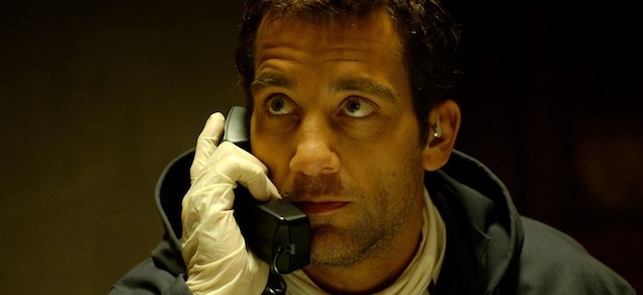
A perusal of Lee’s vast filmography quickly reveals the clear-cut anomaly: Inside Man. Almost all of his other films center around race or feature the theme prominently. Only Summer of Sam and to a lesser degree 25th Hour do not subscribe to Lee’s trademark focal point, but neither comes close to Inside Man in terms of being a full-on genre film, in this case a hardboiled, somewhat by-the-numbers (in the best way possible) whodunit. It also turned to be one of Lee’s best films, proving that he has a lot more to offer behind the camera than might’ve been previously thought.
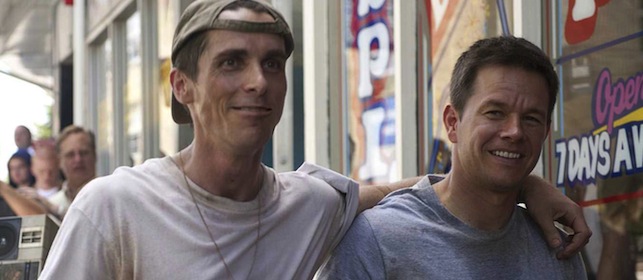
Once upon a time, David O. Russell seemed destined to become a beloved indie auteur a la Paul Thomas Anderson, thanks to his early, offbeat work, especially Flirting with Disaster and Three Kings. Then came the debacle on the set of I Heart Huckabees, and then … banishment – be it self-imposed or not – from Hollywood. When he finally returned after six years, clearly something had changed, probably for the better, because as solid as the movie was, it was a very linear, straightforward, almost conventional production (with no reports of on-set turmoil!) that seemed more Ron Howard than David O. Russell.
Steven Soderbergh, Ocean’s Franchise

Soderbergh had dabbled in mainstream fare before 2001’s Ocean’s Eleven – and it’s been probably more so since then that he has tackled more exploratory, out-there projects – but the fact that he will be forever associated with the biggest A-lister cash-grab maybe ever is the ultimate irony for someone who is otherwise very indie-inclined, if not altogether impossible to pin down. At least Soderbergh seemed like he was trying with Ocean’s Eleven, though; Twelve and Thirteen must’ve been vacations too extravagant to pass up.
Robert Rodriguez, Spy Kids Franchise
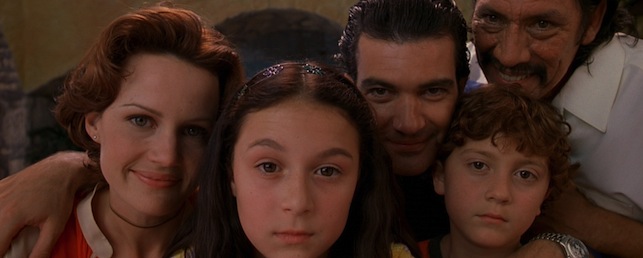
The fact that Rodriguez, purveyor of cartoonish violence (Sin City, Planet Terror, et al.) and R-rated revenge (Desperado, et al.), directed anything with the word Kids in its title is shocking; the fact that he made a fairly lucrative franchise out of it? Shocking, and kinda impressive. It’d be like his buddy Quentin Tarantino directing the next Pixar movie. Actually, that’d be pretty awesome.
Sam Raimi, Spider-Man Franchise
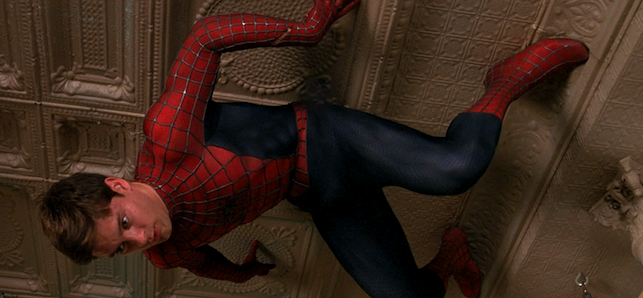
Raimi turned out to be a very wise choice indeed for the Spidey franchise (at least for two out of the three films), but it initially seemed a bit of an odd fit. Before landing in the driver’s seat of one of the biggest properties in Hollywood, Raimi wasn’t exactly an A-list director; rather, he had more or a cult following, thanks primarily to his beloved Evil Dead movies, and in the years leading up to Spider-Man – post-Evil Dead trilogy – his output (i.e., The Quick and the Dead, For Love of the Game and The Gift) and its quality was more all-over-the-map than ever.


